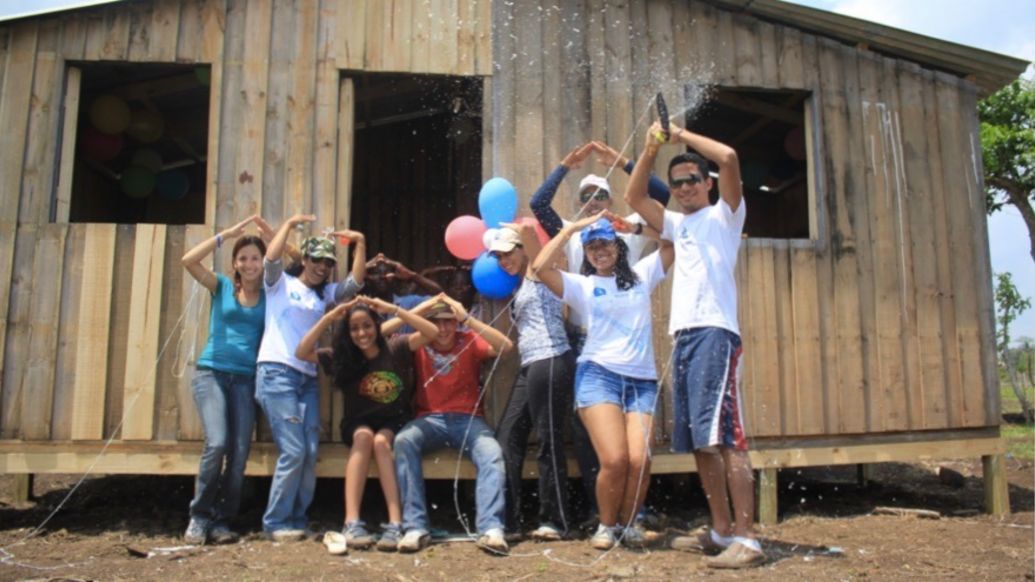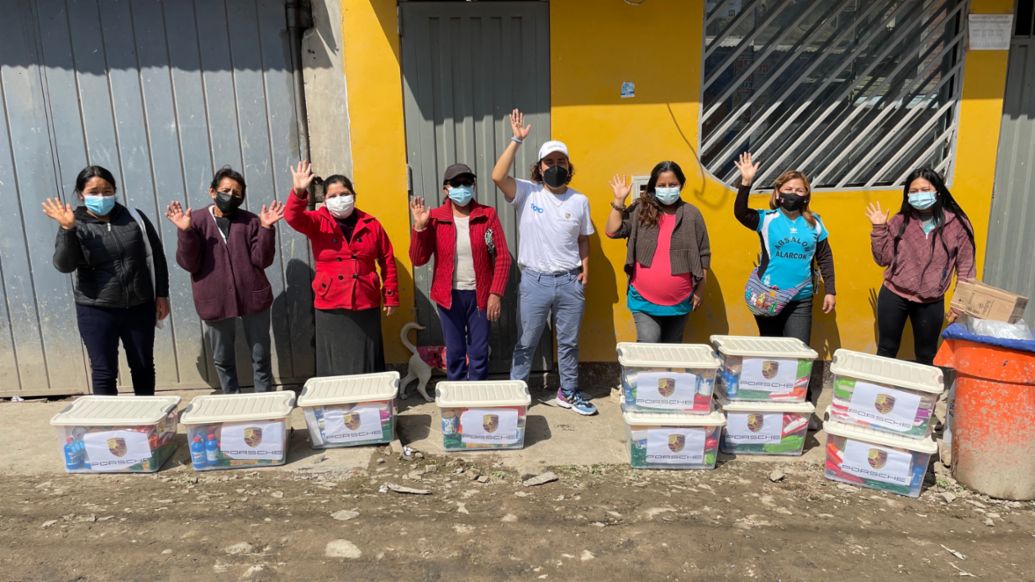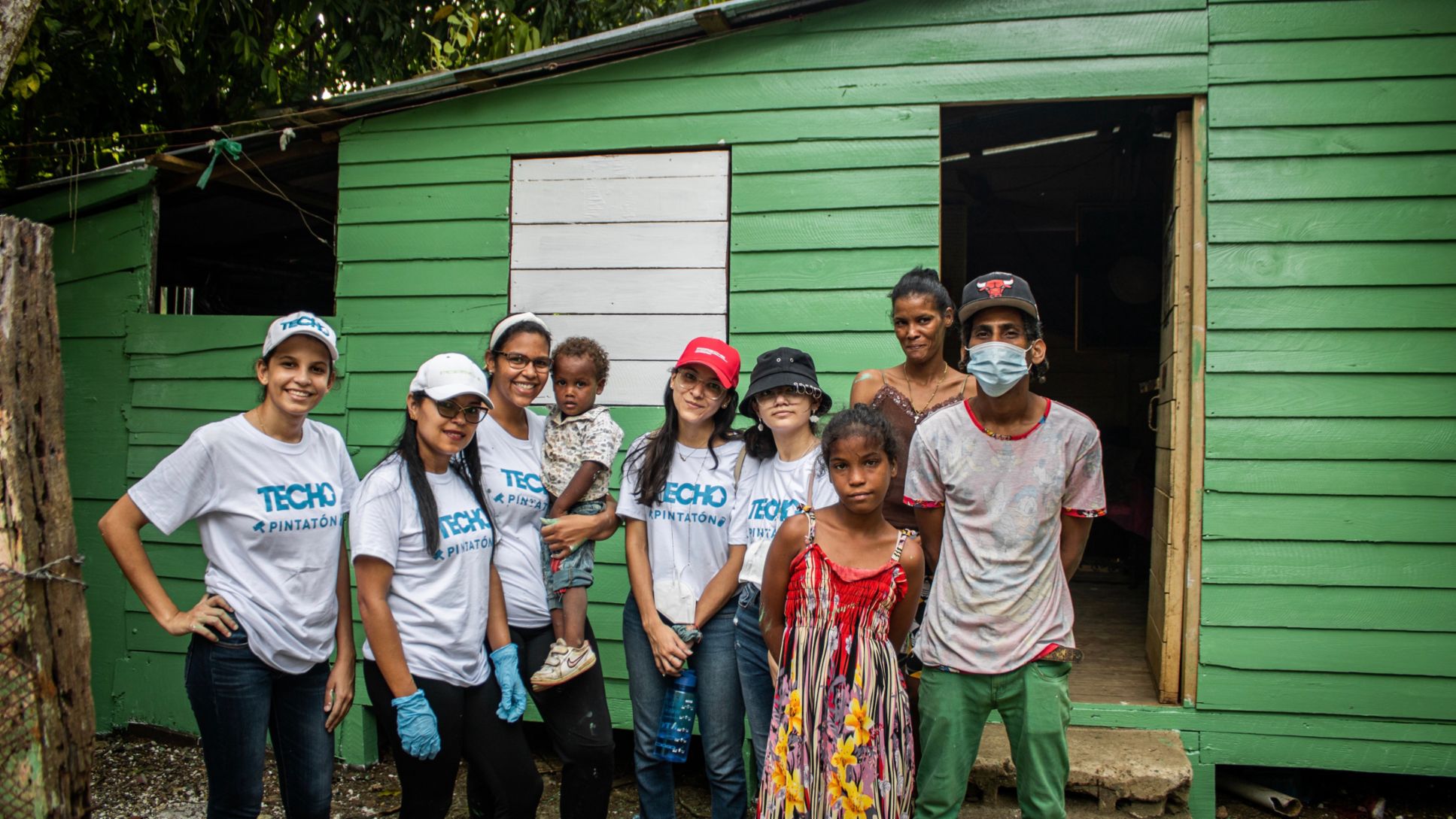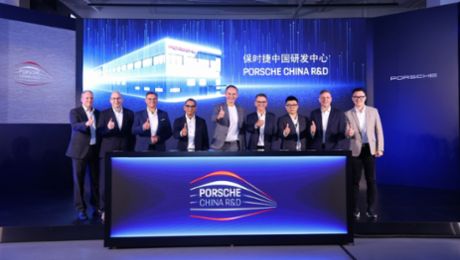"Social responsibility has been part of Porsche since its origin," said George Wills, President and CEO of Porsche Latin America. "That is one of the motivations that led us to join TECHO's cause 10 years ago to help people with limited resources. Today we have closed a very satisfactory first cycle and started a new one that we hope will unite us for another decade. We do it to transform the lives of those people living in poverty, one nail at a time".
Porsche and TECHO commemorated 10 years of partnership with the satisfaction of having built more than 600 transitional houses in 15 countries, which have directly benefited 5,000 people. "The needs of Latin America and the Caribbean require partnerships like the one we have achieved with Porsche," said Bruno Borges, CEO of TECHO in the United States. "If all companies had the same kind of commitment to society, we would surely be living in a much more benevolent world."

Thanks to more than two million dollars donated by Porsche, the support of local importers and distributors, and the invaluable work of thousands of volunteers, the benefits have gone beyond transitional housing. Some 30 workshops in auto mechanics, social skills and workforce integration have also been provided.
"We wanted to add value to the housing construction with the educational workshops, as we think it is also of utmost importance to help people develop a trade and find a way of continuous livelihood," Wills said. "Fortunately TECHO understood our message and has been as flexible as we have been to make the most of the annual donations we have made." Thanks to the flexibility of both institutions, it has also been possible to respond to natural disasters, including the floods in northern Chile (2015), Hurricane Maria in Puerto Rico (2017), the earthquake in Mexico (2017) and the eruption of the Fuego volcano in Guatemala (2018). In 2020 and 2021, more than 4500 hygiene and food kits were delivered to respond to the coronavirus pandemic.

Porsche Latin America's regional alliance with the charity began on November 28, 2011, when the two entities signed an agreement to sponsor the ARTecho exhibition in Wynwood, Miami, and to build 356 houses for people of limited means. The number 356 was a nod to the first car manufactured by Porsche in 1948, the 356 'No. 1'.
The 356 houses were reached in 2015. However, the partnership between Porsche and TECHO has continued uninterrupted until today, and will certainly not stop even when the construction reaches the '911' transnational houses.


